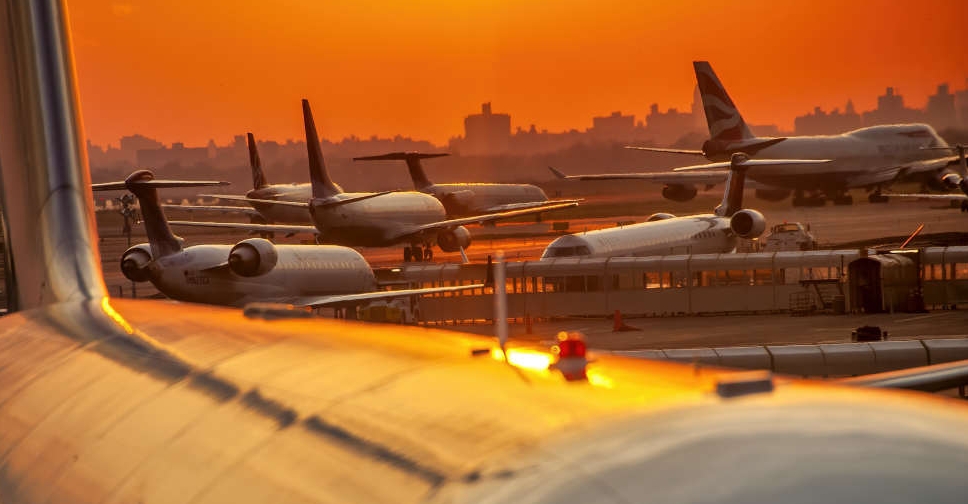
The global airline industry is facing a summer squeeze, with travel demand expected to surpass pre-pandemic levels while aircraft deliveries drop sharply due to production problems at Boeing and Airbus.
Air carriers are spending billions on repairs to keep flying older, less fuel-efficient jets, and paying a premium to secure aircraft from lessors.
But, some carriers are still being forced to trim their schedules to cope with the lack of available planes. At the same time, the number of travellers globally is set to hit historic levels, with 4.7 billion people expected to travel in 2024 compared with 4.5 billion in 2019.
"We can expect a strong performance from airlines throughout the summer with some particularly high airfare," said John Grant, senior analyst at travel data firm OAG.
Last December, the International Air Transport Association (IATA) had predicted a 9 per cent annual growth in global airline capacity this year. That estimate looks optimistic following Boeing's safety crisis.
Passenger carriers will receive 19 per cent fewer aircraft this year than they expected because of production issues at Boeing and Airbus, said Martha Neubauer, senior associate at AeroDynamic Advisory.
US carriers will receive 32 per cent fewer aircraft than planned a year ago because several airlines depend on Boeing's 737 MAX planes, Neubauer said. Boeing's production has been curbed after a January mid-air panel blowout.
Boeing is reeling from a sprawling crisis that erupted after the January 5 Alaska Airlines blowout. Regulators have put a cap on production of the 737 MAX, but the company is not hitting even that level.
As many as 650 Airbus A320neo jets could be grounded in the first half of 2024 for inspections to deal with a flaw with RTX Corp's Pratt & Whitney engines, RTX said last year.
In Europe, low-cost airline Ryanair has cut some routes. In the United States, United and Southwest have cut back flying and adjusted hiring and staffing plans.
LEASING MARKET BOOMS
Analysts expect capacity at most US carriers in the second quarter to grow at a slower pace than a year ago. Airlines will update their growth plans and explain how they will offset capacity constraints when they report quarterly results, starting on Wednesday with Delta Air Lines.
Due to the shortage of new planes, the aircraft leasing market is booming. Data from Cirium Ascend Consultancy shows that lease rates for new Airbus A320-200neo and Boeing 737-8 MAX aircraft have hit $400,000 per month, the highest since mid-2008.
Airlines are spending 30 per cent more on aircraft leases than before the pandemic, said John Heimlich, chief economist at Airlines for America (A4A) that represents major US carriers.
They are also holding on to jets that are past their useful economic lives and require heavy maintenance that now takes several months, Heimlich said. Repair costs at United, Delta and American were up 40 per cent last year from 2019.
Increased leasing, repair and labour costs will bite in to profit despite the high demand, Heimlich said. US passenger airlines posted a pretax margin of 4.5 per cent last year, with the bulk of contribution coming from Delta and United.
Fewer Americans are planning to travel on a plane this summer compared with a year ago due to high inflation, a survey by travel website the Vacationer showed. Airline fares are down year-on-year, but have been rising month-on-month.



 Nasdaq set to confirm bear market as Trump tariffs trigger recession fears
Nasdaq set to confirm bear market as Trump tariffs trigger recession fears
 Dana Gas and Crescent Petroleum exceed 500M boe in Khor Mor field
Dana Gas and Crescent Petroleum exceed 500M boe in Khor Mor field
 China to impose tariffs of 34% on all US goods
China to impose tariffs of 34% on all US goods
 Shares bruised, dollar crumbles as Trump tariffs stir recession fears
Shares bruised, dollar crumbles as Trump tariffs stir recession fears




